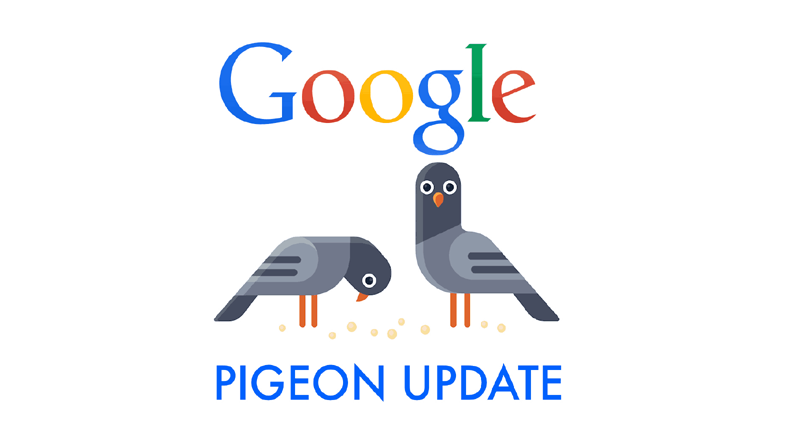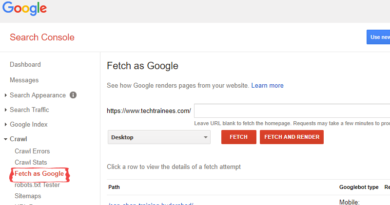Learn How Pigeon Update Can Affect Local Search Results
Google has repeated various updates to improve the quality of search results. Panda and Penguin update are cited as famous things, but this time we will explain ” Pigeon update ” out of multiple updates. The algorithm “Pigeon” released in June 2014 aims at improving Google’s local search results. In the past local search and normal search, algorithms worked separately, but it was integrated by Pigeon Update.
What is Pigeon Update?
The Pigeon Update was an update applied only to English-speaking countries on July 24, 2014 and had a significant impact on the ordinal search results (organic search) and the ranking of local search results. It is characterized by being closely linked with various technologies and signals used in web search when determining the ranking of local search. Following this update, changes such as the directory of the regional information stand out at the top and the number of links displayed within the local search result frame decreased (from 7 to 3, etc.) were observed.
The degree of concatenation between search results of Web search and Google map search has improved dramatically, and it has become possible to see more localized search results on many platforms. Local search ranking signals are more closely associated with traditional search results.
Since the integration of the position and distance parameters was improved, the information near the home was improved and more accurate search results could be obtained “Hyperlocal” has become a new local concept. Pigeon has become more focused on keywords and quotations specialized in user’s neighborhood information, not in the city, state (prefecture etc.), region, but on Google + profile.
Do You Need a Site Design that Considers Pigeon Update?
As mentioned earlier, Pigeon Update is an algorithm adjustment implemented in English-speaking countries, so you do not need to be conscious of much when you design the site. However, in the case of business models (restaurants, hotels, etc.) that can gather access by being displayed on the local search, one should try to improve the ranking by using Google My Business. With the influence of Pigeon, off-page SEO countermeasure method for local search is changing. Citation is still a very important element for local search, but the directory where your business is listed is equally important.
Local Search Results and Web Search Results
The local search result is a mechanism in which the map is displayed separately from the normal search result list at the time of web search (pack result). Although it is displayed independently from ordinary web search results, the ranking in the web search is also adopted as the ranking element of the local search result.
Regarding the shake of the place name as a query, it is thought that it collects data of complex search of a specific place name and specific place name, grasps that there is a relation to each query, and applies it to Web search.
Difference between Venice Update and Pigeon Update
Pigeon update is easy to be confused with Venice update. It is a Venice update that displays optimum search results for user’s position information. On the other hand, Pigeon Update is an update to strengthen the link between local search and normal search algorithms and to improve the quality of regional information results.
What does Venice Update Mean?
Both Venice (February 2012) and Pigeon (July 2014) also had a big impact as updates to recent local Google search related algorithms. After both rollouts of the update, ranging fluctuations ranged widely ranging from web search results to local search results. ‘Venice update’ is a Google algorithm that was introduced to display optimal search results by utilizing user’s location information. Since the introduction of Venice Update, not only search keywords but also location information searched by the user is grasped by Google side, the optimum search result is displayed for that information.




